On the afternoon of November 7, the National Assembly continued to discuss the revised Electricity Law in the hall, many issues of the electricity industry were analyzed and discussed, including cross-subsidization of electricity prices, piloting the two-component electricity price. In addition, the viewpoint on restarting nuclear power and how to deal with renewable electricity when the price policy has many shortcomings and needs to be revised.
Delegate Pham Van Hoa (Dong Thap Provincial Delegation of the Electricity Regulatory Authority) proposed clarifying and supplementing specific regulations on ensuring the two-component electricity price structure and having a clear roadmap for eliminating cross-subsidy between customer groups.
According to the Dong Thap delegation, the elimination of cross-subsidy and the implementation of two-component electricity prices aim to ensure equality, market-based electricity prices, and encourage energy saving for production. The delegates agreed with the implementation of two-component electricity prices (electricity and capacity prices) to be clear, transparent, and to end cross-subsidy among customer groups.
“We cannot let this customer charge a high price to compensate for another group that charges lower. This will not encourage thrifty use and is unfair,” Mr. Hoa expressed his opinion.
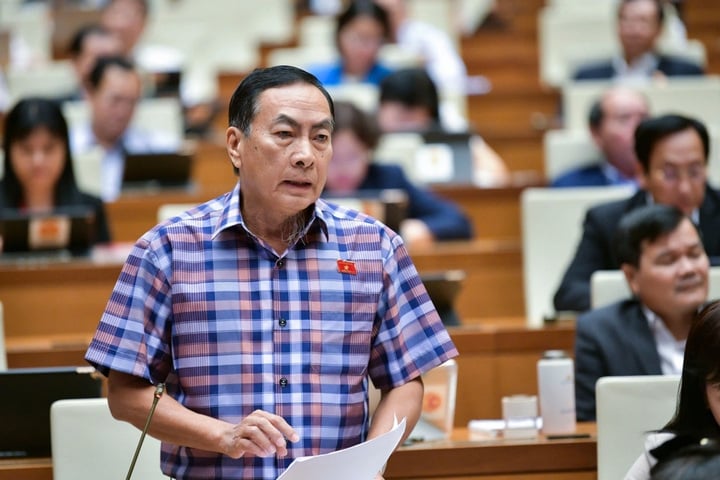
Delegate Pham Van Hoa (Dong Thap Provincial Delegation of the Vietnam Fatherland Front).
According to Mr. Pham Van Hoa, the market price of electricity will avoid the electricity industry reporting annual losses due to having to compensate for the price difference. "If you buy high, you have to sell high, you cannot buy high and sell low."
Regarding the amendment of many policies of the Electricity Law, delegate Ta Van Ha (National Assembly Delegation of Quang Nam province) said that in 2023, the National Assembly had a special topic to supervise the implementation of energy laws and policies in the period 2016-2020.
“Electricity is a special commodity, we cannot just keep excess in bags and store them in warehouses, so we must meet the needs of the economy. If GDP increases by 1, electricity must increase by 1.5 times. Therefore, electricity is an urgent issue that requires amending and perfecting the legal system on electricity. I agree to comprehensively amending it,” Mr. Ta Van Ha expressed.
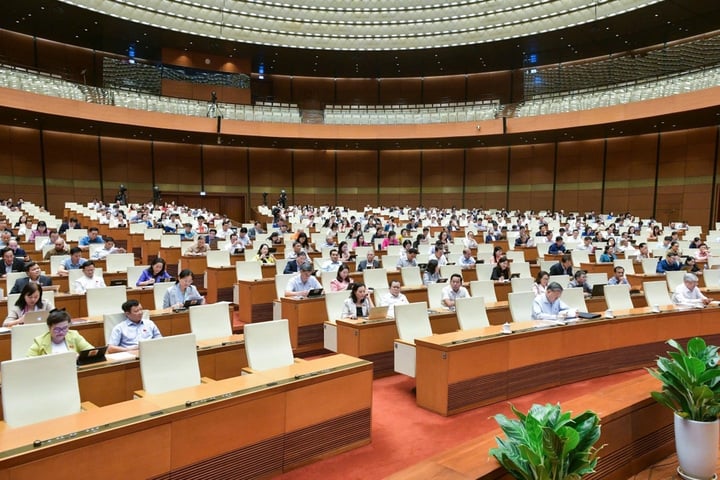
According to delegate Ha, the current policies of the Electricity Law encourage the development of self-produced and self-consumed rooftop solar power. The delegate proposed that the state has a monopoly on the control and operation system, while according to market regulations, enterprises produce and then rent transmission lines. Article 33 stipulates that organizations and individuals who invest in rooftop solar power and build up to 100kW in scale do not have to change the land use purpose...
However, the question is if the factory installs a solar power system on the roof of the entire factory, the output will definitely be over 100kW, so they have to change the land use purpose of the entire factory? "I suggest that the drafting agency reconsider this content," said the delegate.
In addition, delegate Ta Van Ha also requested the drafting agency to soon complete regulations on the competitive electricity market.
Proposing a flexible pricing mechanismGiving comments at the meeting hall, delegate Thach Phuoc Binh (National Assembly Delegation of Tra Vinh province) said that the draft law needs to supplement and clarify regulations on electricity pricing mechanisms, especially prices for different types of energy and for each region.
“Therefore, I propose to build a flexible electricity pricing mechanism based on factors such as peak and off-peak hours, geographical conditions and energy supply,” said Mr. Binh.
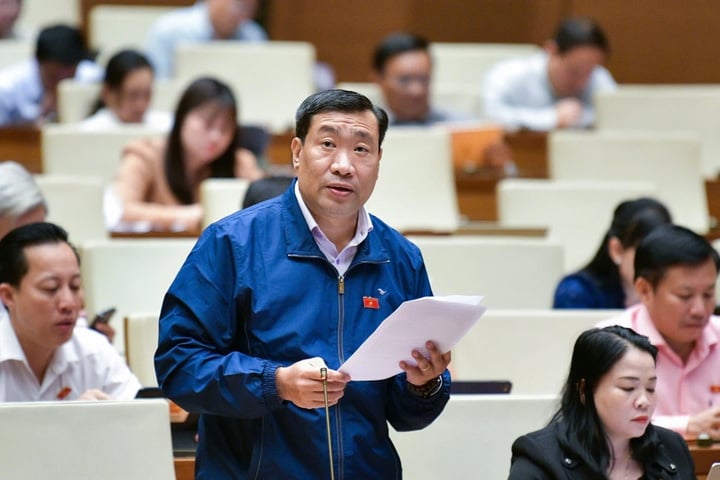
Delegate Thach Phuoc Binh (National Assembly Delegation of Tra Vinh province).
According to delegates, this will encourage efficient and economical use of electricity during off-peak hours, ensuring consumers' rights in accessing information on electricity prices and the electricity price adjustment process.
In addition, electricity price adjustments should be public, transparent and subject to supervision by state management agencies.
Regarding the solution to develop competitive experience, the delegate of Tra Vinh delegation said that the draft law needs to have a clear roadmap for the transition from a privileged mechanism to a competitive electricity market. Add specific regulations on the steps to open the electricity market, including the wholesale market and the competitive retail electricity market, regulations on the responsibilities of management agencies in supervising and coordinating the electricity market, to ensure fairness and transparency. Along with that, regulations on controlling the monopoly of large corporations in the electricity industry are introduced, to protect the interests of consumers and investors.
According to the draft Law on Electricity (amended), the retail electricity price is established by the electricity retailer based on the electricity price policy, the price frame of the average retail electricity price, the mechanism for adjusting the average retail electricity price and the structure of the retail electricity price table.
Retail electricity prices are specified in detail for each group of electricity customers in accordance with the socio-economic situation of each period and the level of development of the electricity market, including: production, business, administrative career, and daily life.
Time-of-use electricity retail prices are applied to eligible electricity customers, including peak, off-peak and normal hour retail prices.
For household customers, the retail price of household electricity is applied in increasing steps for customers who are not eligible to participate or do not participate in buying and selling electricity on the electricity market.
Source: https://vtcnews.vn/sua-luat-dien-luc-can-cham-dut-viec-bu-cheo-gia-dien-giua-cac-nhom-khach-hang-ar906162.html


![[Photo] General Secretary To Lam receives Japanese Ambassador to Vietnam Ito Naoki](https://vstatic.vietnam.vn/vietnam/resource/IMAGE/2025/4/3/3a5d233bc09d4928ac9bfed97674be98)
![[Photo] Ho Chi Minh City speeds up sidewalk repair work before April 30 holiday](https://vstatic.vietnam.vn/vietnam/resource/IMAGE/2025/4/3/17f78833a36f4ba5a9bae215703da710)
![[Photo] Prime Minister Pham Minh Chinh chairs the first meeting of the Steering Committee on Regional and International Financial Centers](https://vstatic.vietnam.vn/vietnam/resource/IMAGE/2025/4/3/47dc687989d4479d95a1dce4466edd32)

![[Photo] A brief moment of rest for the rescue force of the Vietnam People's Army](https://vstatic.vietnam.vn/vietnam/resource/IMAGE/2025/4/3/a2c91fa05dc04293a4b64cfd27ed4dbe)
![[Photo] Prime Minister Pham Minh Chinh chairs meeting after US announces reciprocal tariffs](https://vstatic.vietnam.vn/vietnam/resource/IMAGE/2025/4/3/ee90a2786c0a45d7868de039cef4a712)
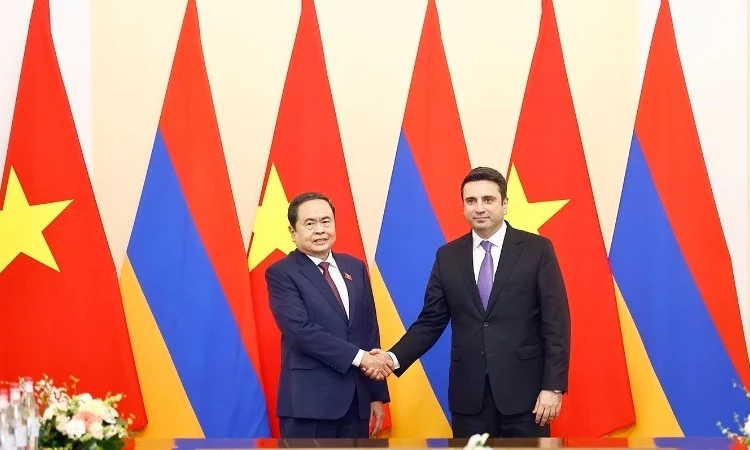

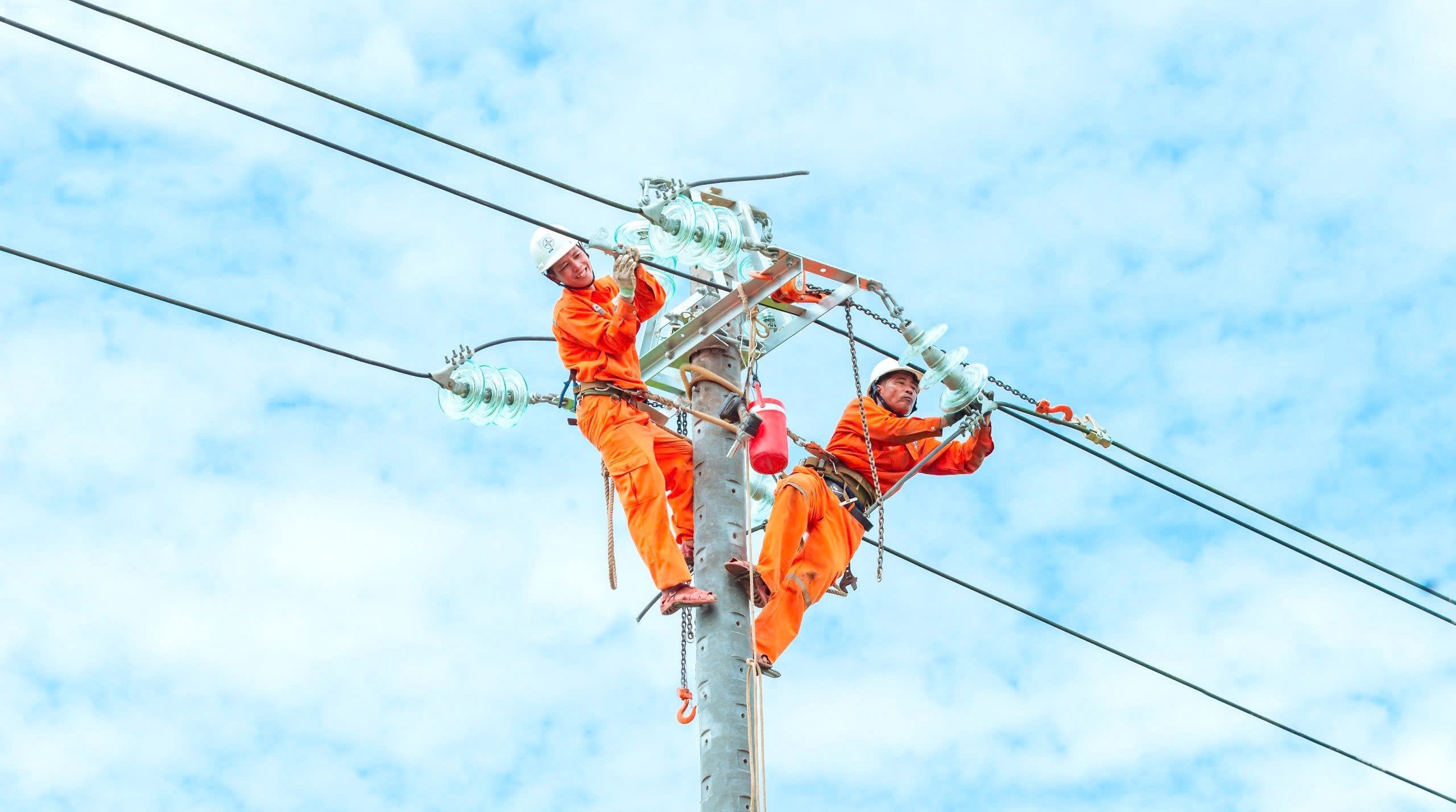

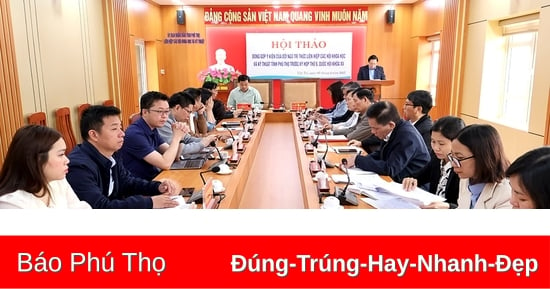
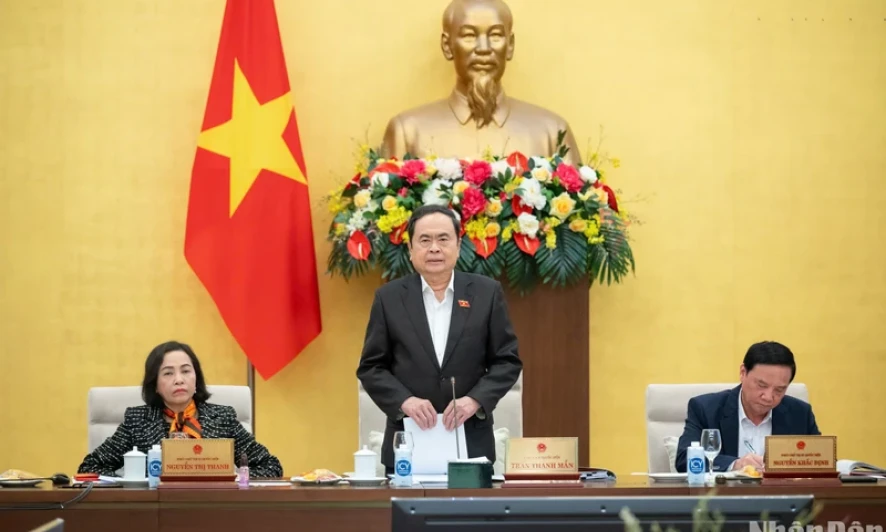
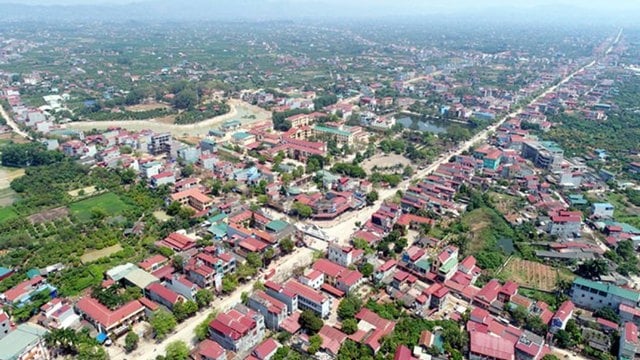

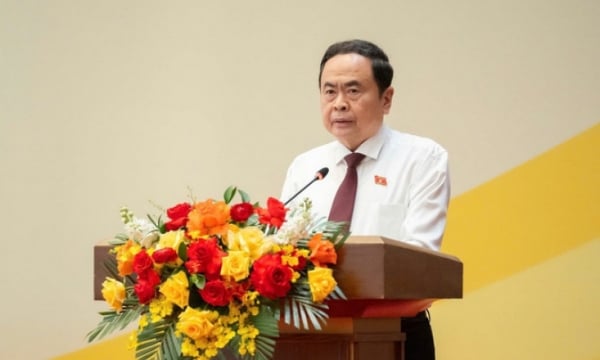

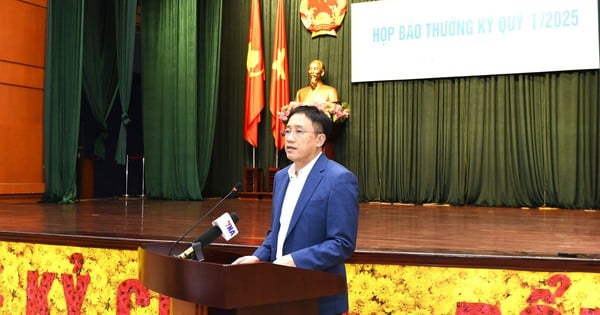
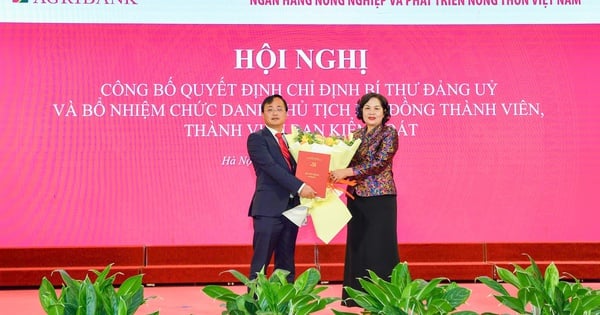
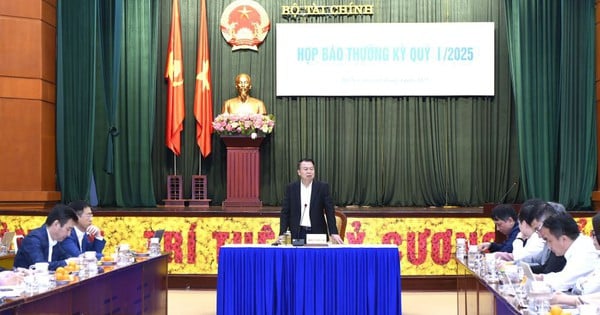











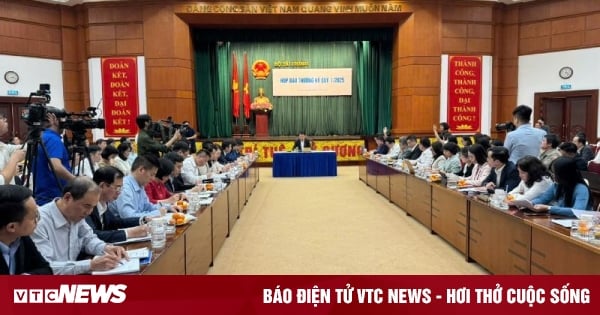













































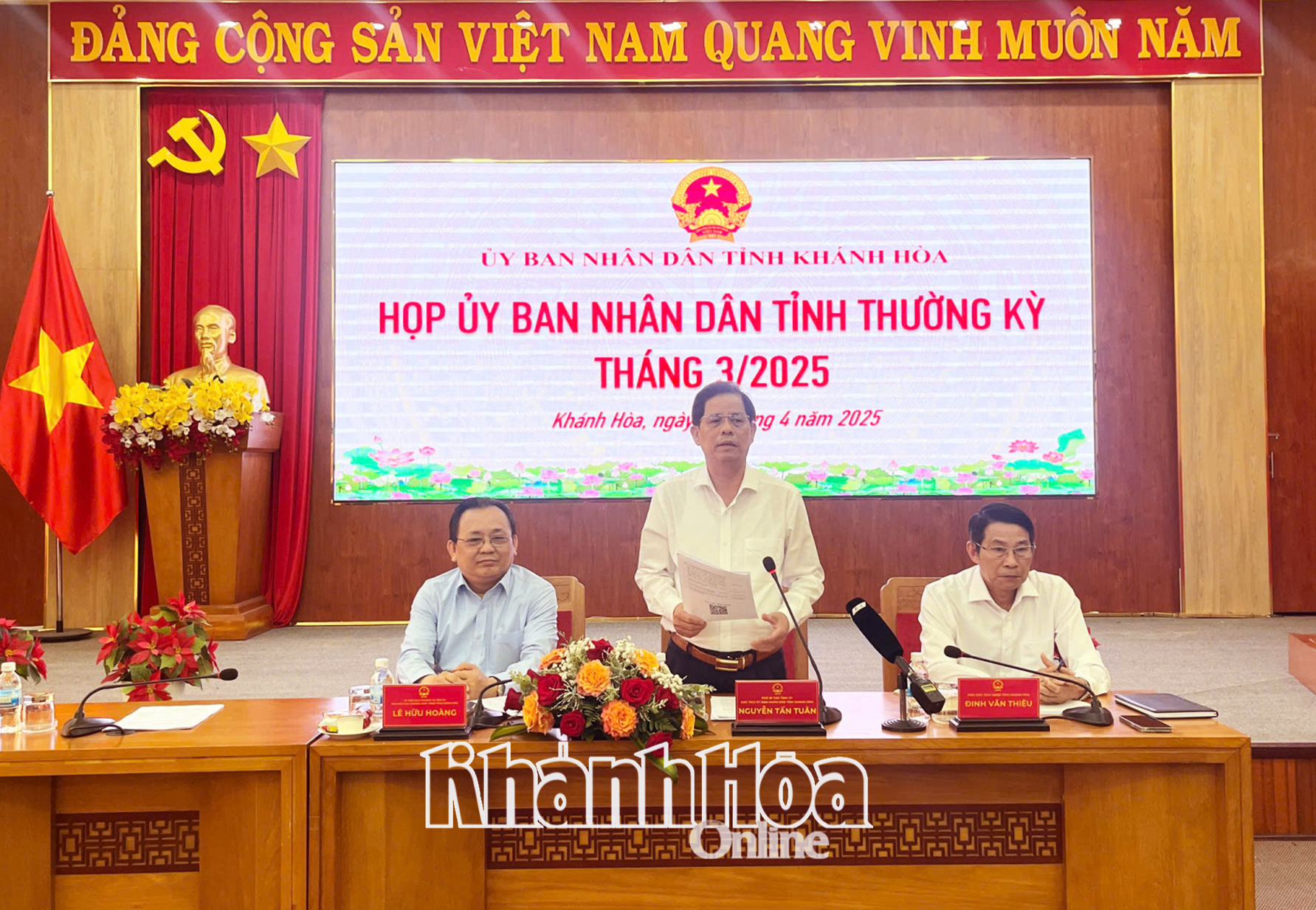















Comment (0)